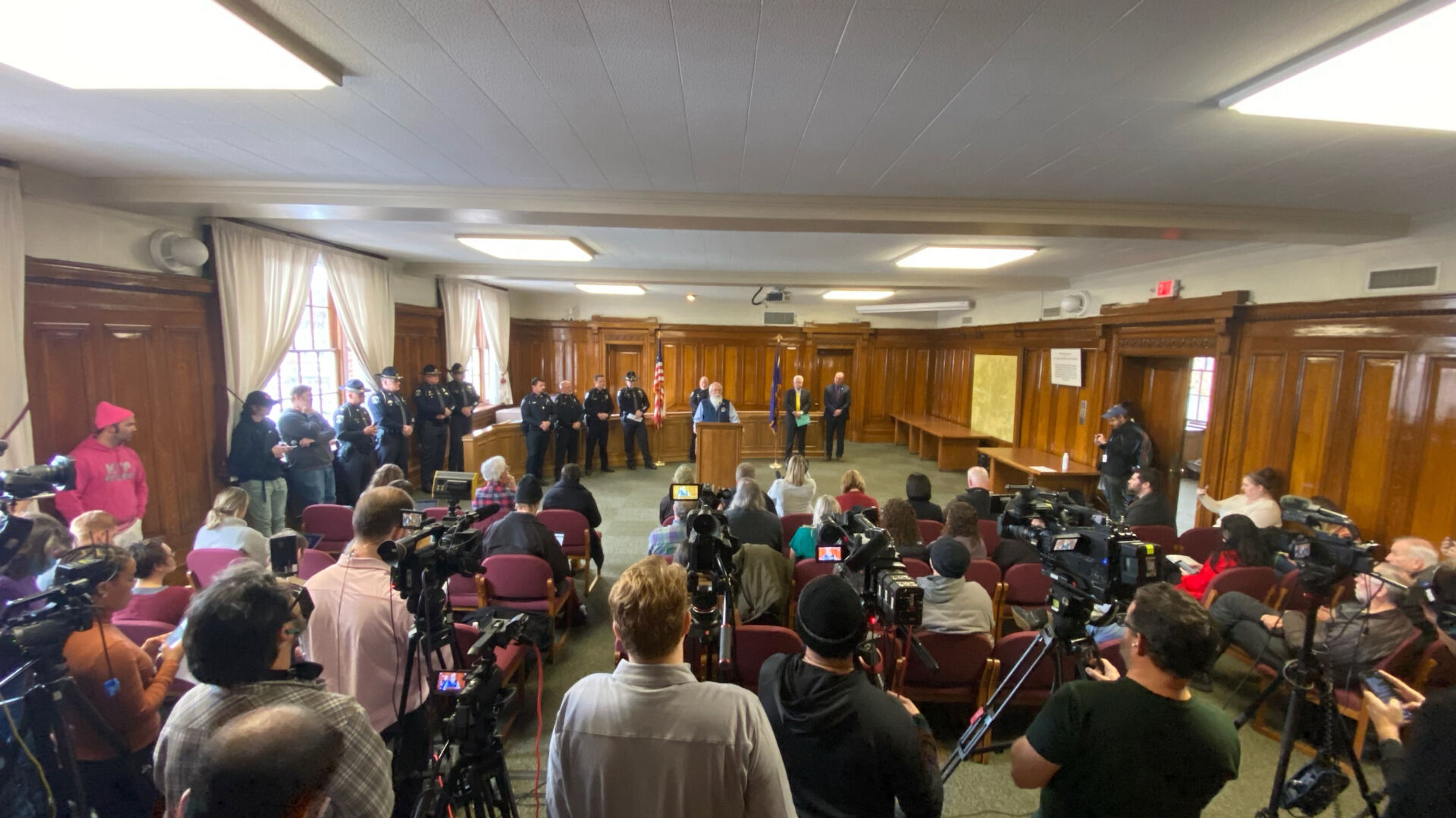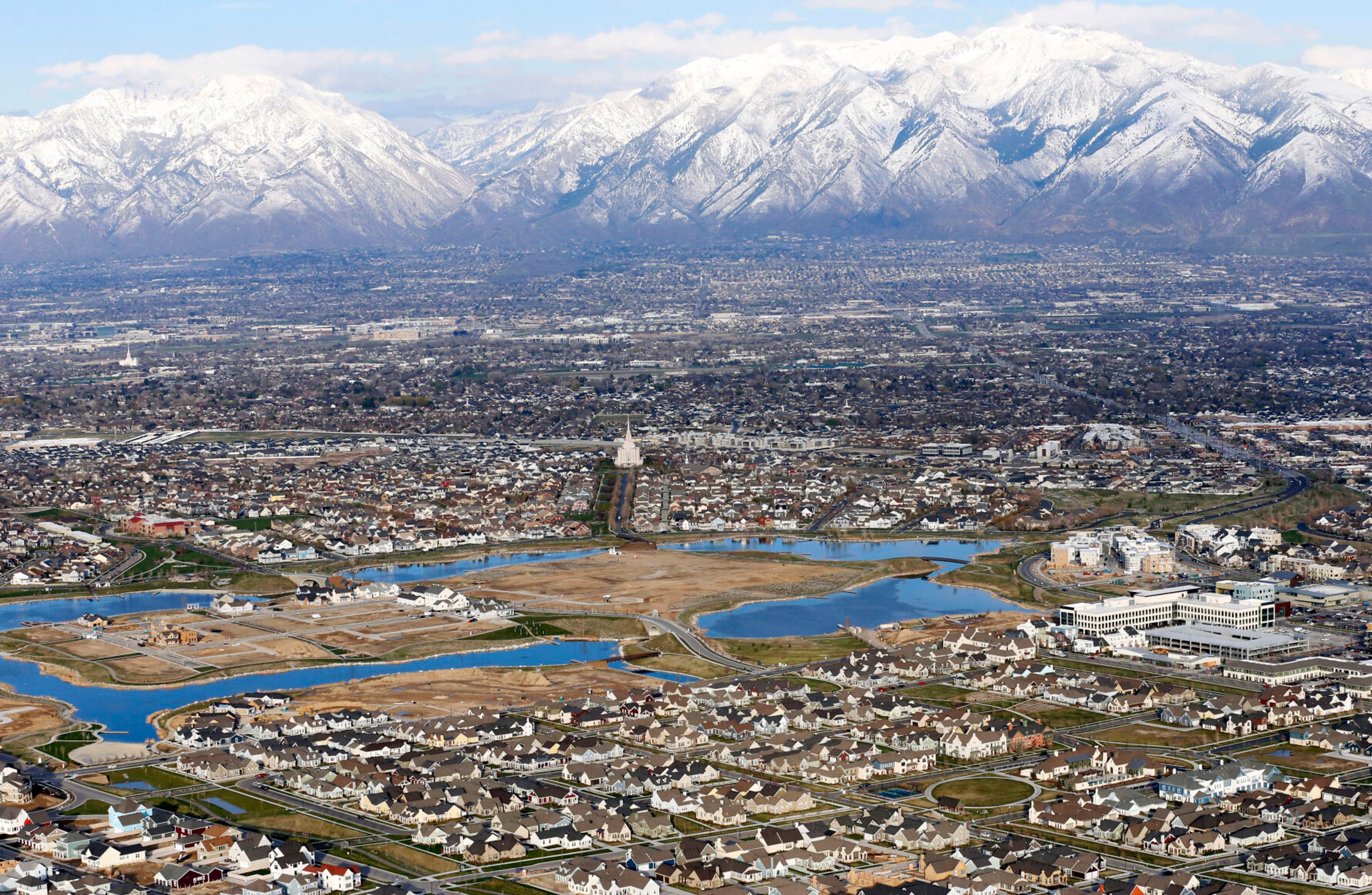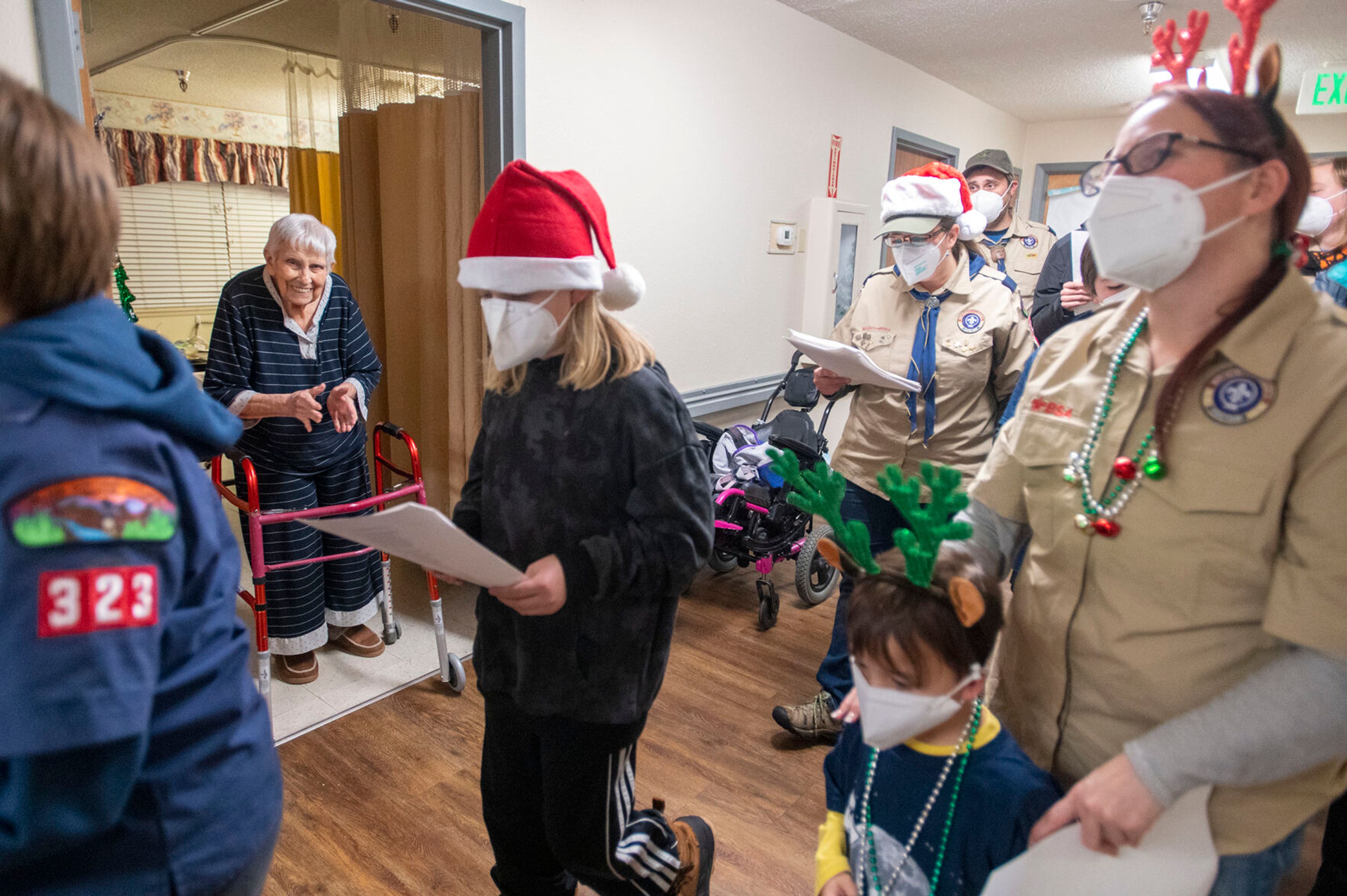High temps precipitate increased water usage on Palouse
June and July numbers represent marked jump from 2020
Scorching temperatures and dry conditions have led to higher-than-normal water usage this summer on the Palouse.
Moscow pumped 101 million gallons in June — its highest June amount since 2003 — and 122 million gallons in July. The city averaged 80 million gallons in June and 114 million gallons in July from 2011-20.
Pullman used 120 million gallons in June and 144 million gallons in July. The city and its residents averaged 88 million gallons in June and 122 million gallons in July from 2018-20.
“It is concerning and we know that these patterns can’t continue indefinitely, which is why we’re aggressively pursuing an alternate water supply but also aggressively pursuing conservation,” said Tyler Palmer, Moscow deputy city supervisor of public works and services.
In the past decade, water levels for the Grande Ronde aquifer, the deeper of the two aquifers on the Palouse, have declined by 0.7 feet per year.
Palouse Basin Aquifer Committee Executive Director Korey Woodley said PBAC is continuing community outreach for its four water supply alternatives.
The average high temperature in June at the Pullman-Moscow Regional Airport was 80.4 degrees, which was 8.5 degrees above the normal temperature, according to the National Weather Service’s preliminary data. The 106-degree recording June 29 set a June record. The month’s precipitation of 0.73 inches was well-below the 1.17 average.
July’s average high temperature was 88.7 degrees, or 5.6 degrees above normal. The 104-degree high on July 31 tied the month’s record set in 1960. July rainfall was 0.17 inches below normal.
Palmer said outdoor irrigation always drives pumping numbers up in the summer. He said the city uses a strategic irrigation program in which it waters certain parks just enough to keep its root systems alive.
“We’re trying to be very selective about how we use water and especially outdoor irrigation,” Palmer said. “So the numbers in the summer are driven by temperature and precipitation and this year we had the hottest July that we’ve had in over 100 years, and we had a very dry July, too.”
Woodley said high temperatures do not mean that grass needs to be watered every day.
“At the hottest time of the day is the worst time you can water and you still don’t need to water every day just because it’s dreadfully hot outside,” Woodley said.
The high water usage so far this summer is a complete reversal of last summer’s numbers.
Moscow pumped 60 million gallons in June 2020 — its second-lowest June amount this century — and 99 million gallons in July 2020 — the lowest July total since at least 2000.
Pullman’s 75 million gallons in June 2020 and 117 million gallons in July 2020 were the lowest in its respective months since before 2018.
Palmer largely attributed Moscow’s low numbers in 2020 to University of Idaho students and affiliates being out of town because of the COVID-19 pandemic.
To cut down on water usage, Palmer said residents should reduce outdoor irrigation and consider ripping out their lawn and replacing it with water-efficient landscaping. The city offers a $150 rebate to customers who convert at least 300 square feet of irrigated lawn to a Wisescape, according to Moscow’s website.
“The absolute biggest shift that we need to see in Moscow and in American society in general is we really need to divorce our affinity for green grass,” Palmer said.
Besides limiting outdoor irrigation, he said Moscow residents should take advantage of free water-saving devices and a toilet rebate program the city offers. Palmer said paying attention to daily habits like shortening showers and shutting the water off while brushing teeth are also important.
“We all need to start making very conscious decisions about our water use and being more judicious with it,” he said.
Woodley said PBAC is in the process of launching a water-savings device program for rural residents of Whitman and Latah counties.
She said the water-savings devices, which include water-efficient garden hose spray nozzles, rain gauges and soil moisture meters, should be available in September. Information on the program will be available this month at palousebasin.org.
Visit bit.ly/3yyxfiU or bit.ly/3jz9Ibh for information on water conservation programs in Moscow and Pullman.
Cabeza can be reached at (208) 883-4631, or by email to gcabeza@dnews.com.








